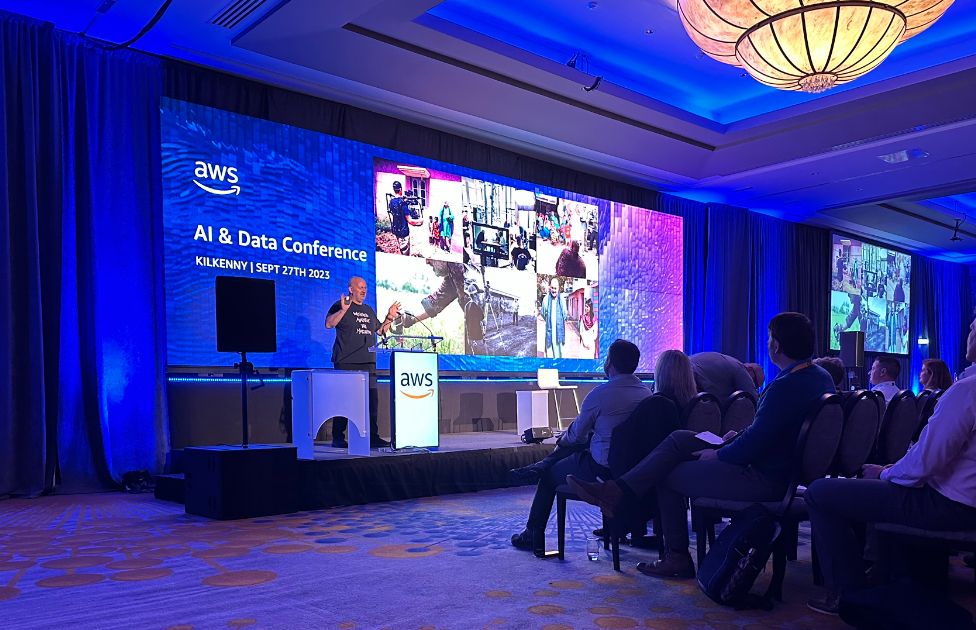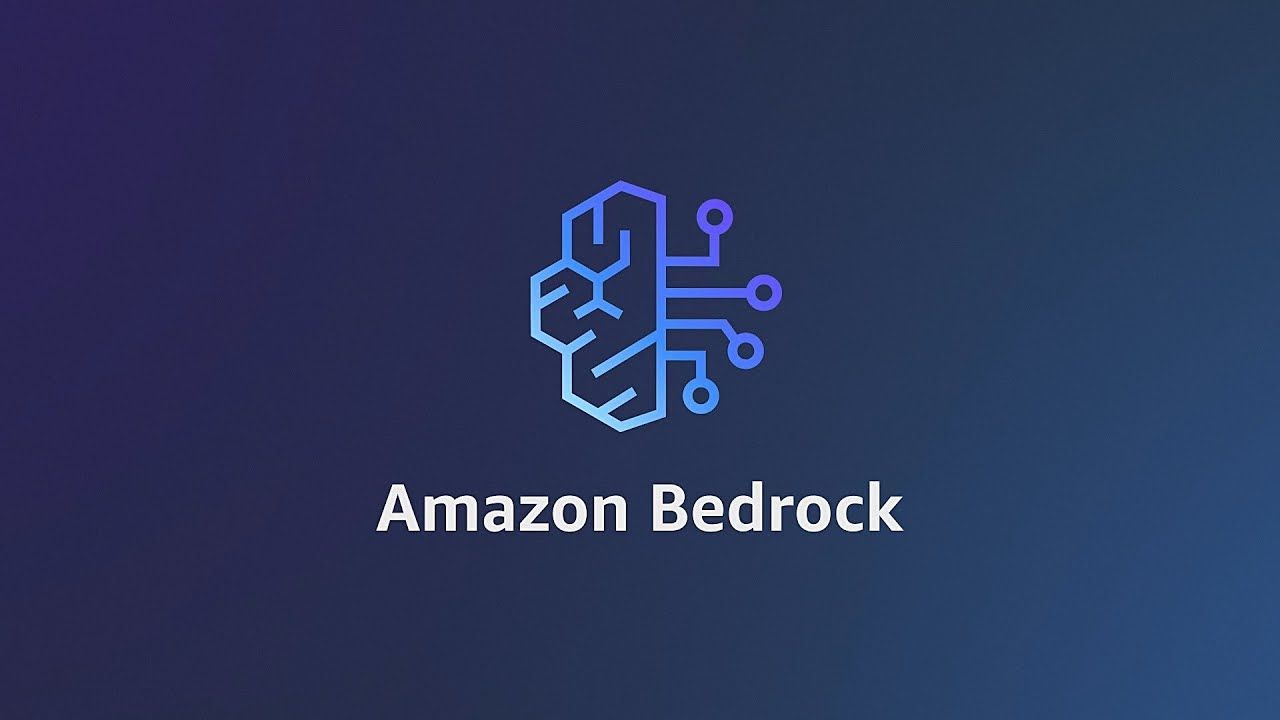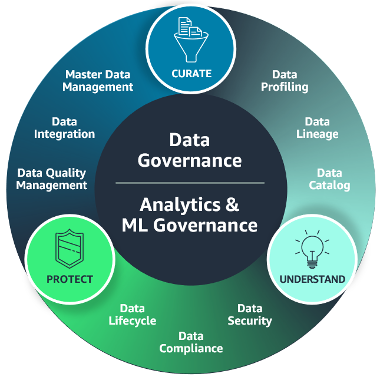AWS AI & Data Conference - September 2023

AWS held their AI & Data conference in Kilkenny this September with topical sessions including “Using AI to tackle our planet’s most urgent problems” and “Game Changers” run by Dr. Werner Vogels (Amazon CTO) and Miriam McLemore (AWS Enterprise Strategy). A similar event ran in Cork in 2022, and I’m hopeful this will continue to run annually given my experience.
AWS customers and partners were there talking and learning about all the latest developments in AI & Data, including how GenAI is being used in production and driving value. Showcases were presented on using GenAI to action event feedback resulting in a direct revenue increase, and utilising GenAI to automate generation of bid (or RFP) responses based on previous bids using Bedrock and Retrieval Augmented Generation (RAG, or adding context to a foundation model through external data), which was claimed to result in 150 customer conversations in 3 months.
Keynote
Werner covered a lot of information during the session, including talking about a popular airline’s panini predictor and GenAI meaning no longer needing to engage with customers on blockchain (half-joking), but most of the discussion was centred on using technology and data to solve problems related to climate change, sustainability, and helping the vulnerable. This ranged from healthcare in remote areas and transport, to food sources (it’s worth checking out Now Go Build). A few things were emphasised or repeated throughout;
- People solve problems, not AI alone. Disruption will be a result of people tackling our biggest / hardest problems, with GenAI opening new doors
- Good data needs good AI. This likely isn’t surprising to anyone in the industry, but it was interesting that Werner positioned the opposite as true. Good data needs good AI as a crucial part of extracting value from your data
- Having the right data and AI skills and capability is crucial. Or, as Werner put it… “Make sure you’re trained - don’t believe what’s in the papers and media”
- AI is all around us, and it’s not going anywhere. That’s not to say we shouldn’t be considerate of risks and implementation challenges, especially with new technology, but GenAI is another major development such as those we’ve seen in the last six (Sagamaker), ten (Alexa), and twenty-five (Amazon.com) years
I will add that it was amazing to see how encapsulated the audience was during Werner’s presentation. There was, of course, a lot of interesting and valuable information shared, but the way it delivered and landed was fascinating. Even when sharing some messaging that would be well known to the audience already (data being a foundation for all AI, for example), it was often provided with such a story that it felt new.
AWS GenAI Takeaways

It’s natural to gravitate towards all-things GenAI right now, given the potential in that space. Below are a few focus areas from the conference:
- Architectural patterns and production recommendations to improve value & reduce cost and risk
- Addressing GenAI Foundation Model (FM) challenges, traceability and recency, through customisation. Though various methods were discussed, including fine-tuning and prompt engineering, RAG was identified as the most significant growth area in this space. AWS patterns including using Kendra (deep learning) and embedding reference data (pgvector or OpenSearch)
- Considerations for pre-trained vs. Training your own FM, and patterns for fully managed vs self-managed pre-trained model services (Bedrock, Sagemaker Jumpstart). AWS discussed an upcoming tool to support customers in decision making, but also suggested that using a (customised) pre-trained FM would meet the needs of the majority of use cases
- Security monitoring (centrally through AWS Security Hub), content filtering, and other current AWS GenAI-in-production recommendations
- Amazon Quicksight Generative BI - alongside NLP report interaction, fact-checking, and quick calculations features, AWS showed an awesome “story building” live demo that produced an adaptable PPT-slide summary and blog post, from a Quicksight report, in seconds
- Codewhisperer - AI coding companion for expediting development activities
Braoder AWS Data Takeaways

I thought it was important this AWS event covered so much across the whole AI & Data landscape. Admittedly, there would be plenty more to add if I were able to attend all analytics and database sessions, but a few broader data highlights I captured include:
- Data governance, strategy and ethics are not just “as important” as ever, but more so;
- Defining governance tenets and principles before policies & procedures, empowering development teams, and data product approaches were just a selection of covered topics. Modern data architecture and solutions require changes to how we govern and manage data
- There was good conversation on ethics and Responsible AI (RAI) aligned to the AWS RAI core dimensions (see here, also similar to Microsoft’s). Personally, I believe it's not uncommon to focus more on specific dimensions than others, such as privacy & security or explainability, and often there is room to improve ethics considerations across the data lifecycle (e.g. collecting, analysing, and disseminating). I’m encouraged to see increasignly more active conversation around data ethics
- Zero ETL - I’m still not sold on zero ETL but I understand where it’s pitched, and that message was clear; reduce high effort, low value work. It was interesting that of the time on this topic during the conference was dedicated to service integrations between AWS services such as those between Aurora and Redshift, Redshift and Glue Data Catalog, Glue Data Catalog and downstream tools for consumption (EMR, Quicksight, Sagemaker). I thought the examples presented were those where I think reducing overhead to focus engineering efforts in other spaces (e.g. 3rd party / non-AWS sources, complex spark pipelines) would be beneficial
- Culture & working backwards were referenced many times. Key cultural talking points were around engaging executives, data guiding decision making, and data proficiency as a core skill
- There was a simple phrase that cropped up a few times - “start business backwards, not data forwards” which I think is a helpful reminder
- AWS shared two interesting figures. Though I’d be keen to understand how they were gathered, I still thought they warranted a mention;
- 79% of challenges delivery teams see are cultural
- CDOs tend to spend the majority of their time on challenges around culture (69%), not data
Wrapping Up
I’m appreciative to have the opportunity to meet peers, customers, other AWS partners, and people in the community as well as seeing representation from senior AWS team members across all sessions. I thought it was clear that AWS were invested in their partners and customers throughout the island of Ireland.
It was really exciting to see what AWS are working on in this space and what’s coming up. There’s a lot to look forward to.